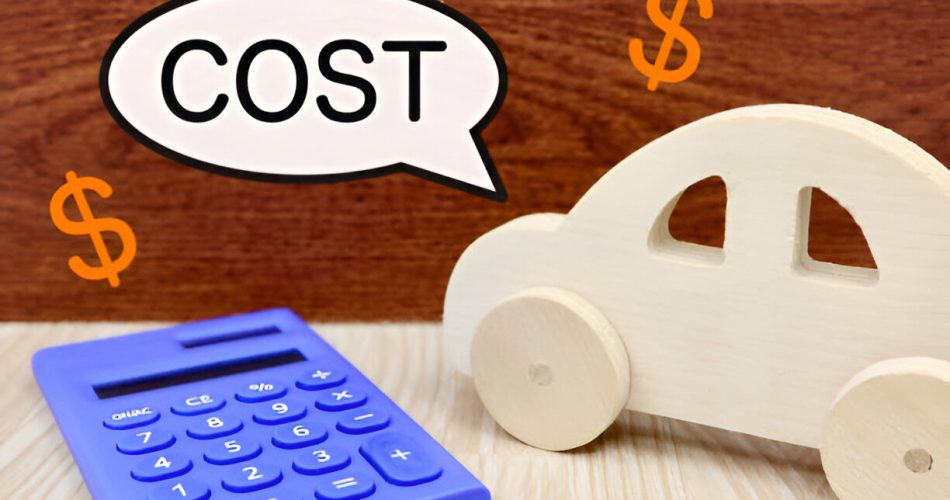Owning a car offers convenience, flexibility, and a sense of independence—but it also comes with hidden expenses that many people overlook. From financing to maintenance, the total cost of car ownership extends well beyond the initial price tag. Here’s a detailed look at the true financial responsibilities of having a vehicle.
1. Purchase Price and Financing
The first and most obvious expense is the price of the vehicle itself. Whether you pay in full or opt for a loan, the purchase amount can significantly impact your budget. Financing may make buying easier, but interest payments increase the total amount paid over time.
Key Costs:
-
Down payment
-
Loan interest
-
Monthly installments
2. Insurance Premiums
Car insurance is a legal necessity in most areas and is essential for protecting against accidents or damages. Insurance costs are influenced by factors like age, vehicle model, driving history, and location.
Recurring Cost:
-
Monthly or annual premiums
3. Registration, Taxes, and Fees
Buying a car also means paying various government fees. These include vehicle registration, road taxes, title fees, and annual renewals. These costs vary depending on where you live and the value of your vehicle.
Expected Expenses:
-
Sales tax at purchase
-
Annual registration fees
4. Fuel Costs
Fuel is a continuous expense that adds up quickly, especially if you have a long commute or drive frequently. The type of car you drive and current fuel prices will determine how much you spend.
Ongoing Cost:
-
Weekly or monthly fuel bills
5. Maintenance and Repairs
Routine maintenance is critical for keeping your car in good condition. This includes oil changes, tire rotations, and brake servicing. Over time, unexpected repairs such as battery replacements or mechanical failures also become necessary.
Types of Expenses:
-
Regular servicing
-
Wear-and-tear part replacements
-
Emergency repairs
6. Depreciation
A car begins to lose value as soon as you drive it off the lot. Depreciation affects resale value and is often one of the largest costs of ownership, even though it’s not directly paid out of pocket.
Impact:
-
Lower resale or trade-in value over time
7. Parking, Tolls, and Fines
If you live in a city or frequently use toll roads, expect to pay for parking spaces, toll fees, and potentially traffic fines. These incidental costs can be significant depending on your location and habits.
Possible Costs:
-
Daily parking charges
-
Toll road usage
-
Occasional fines or penalties
8. Add-Ons and Accessories
Optional features and customizations—such as extended warranties, upgraded infotainment systems, or premium interiors—can raise the total cost of ownership. While not essential, they’re often included in the total expenditure.
Estimated Annual Cost Breakdown
| Expense Category | Estimated Annual Cost |
|---|---|
| Loan Payments | $4,000 – $6,000 |
| Insurance | $1,500 – $2,000 |
| Fuel | $1,500 – $2,500 |
| Maintenance & Repairs | $500 – $1,200 |
| Registration & Taxes | $200 – $500 |
| Parking & Miscellaneous | $300 – $1,000 |
| Total Estimated Cost | $8,000 – $13,000 |
Final Thoughts
While the idea of owning a car is exciting, the reality involves a series of ongoing financial responsibilities. Factoring in all the hidden costs helps you make smarter decisions about which vehicle to buy, how to budget for it, and whether alternatives like public transport or car-sharing might better suit your lifestyle.
Owning a car isn’t just about getting from point A to B—it’s a long-term investment in your mobility. Make sure you’re fully prepared before taking the wheel.
